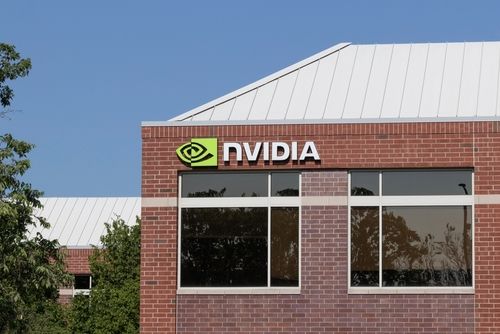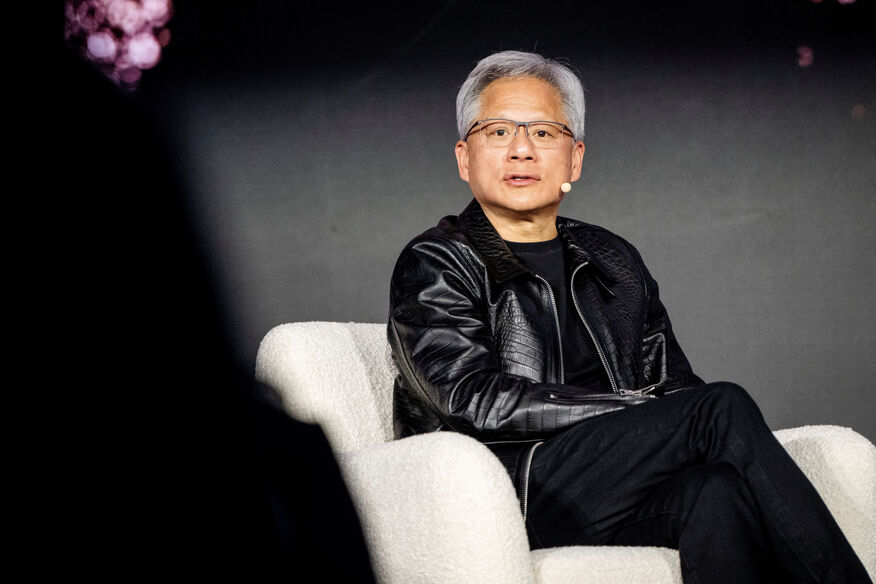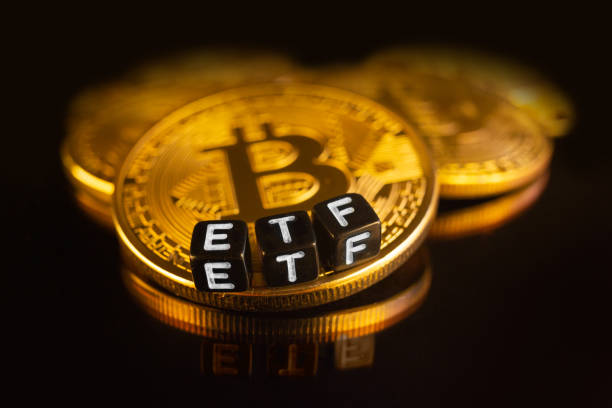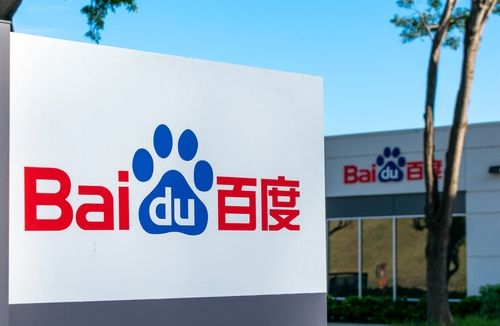How different industries would be impacted if Trump or Harris get elected. Who supports who?

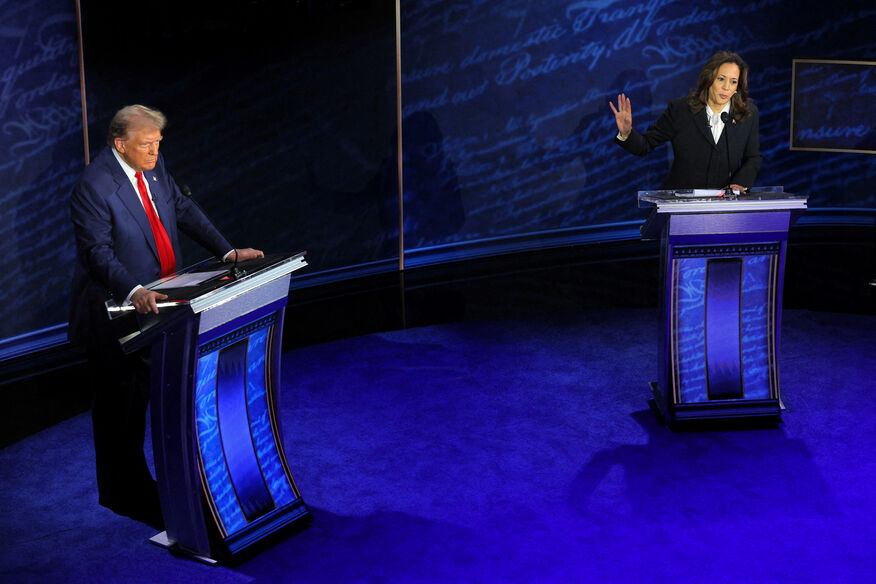
How different industries would be impacted if Trump or Harris get elected. Who supports who?
By Petar Petrov
Overview
- Throughout the majority of the country history, the political system of the United States has been dominated by the two parties – Democrats and Republicans
- Both parties have quite fundamental differences and priorities, therefore they are supported by different groups within the society.
- This bipartisan division is also reflected in the economy as some industries will benefit more when Democrats are on power, while others would thrive under Republicans rule
- This is the case because both parties prioritize different legislations, and different legislations can affect industries in a different way
- It is widely accepted that Republicans are more closely associated with the so-called “old economy” (industrials, oil & gas, automotives and tobacco), while the democrats are more supportive of the new economy (technology and clean energy)
- One way of identifying which industry supports which candidate is to take a look at the donations
Brief summary of the parties’ economic ideology
- Democrats
- Higher corporate taxes
- Stronger consumer protection
- Stronger financial regulatory framework
- Green energy transition
- Extensive healthcare system
- Less trade barriers/protectionism (this wasn’t the case historically)
- Promotion of technological innovation
- Republicans
- Lower corporate taxes
- Less regulations across industries
- More lenient financial regulations
- Preserving traditional energy industries like oil, gas and mining
- More trade barriers/protectionism
How do political donations work
- An individual can donate up to 5,600 USD to a campaign directly
- However, donating to a Political Action Committees (they can be super PACs and hybrid PACs) without limit
- Among the donors, there are also NGOs and Think Tanks, but their source of funds is quite hard to track, thus even the data below may not have the full picture
- When we think about direct donations, we need to understand that they are donations based on individual employees. This is not a coordinated donation on a corporate level
Direct Donations
Source: Quiver Quantitative
- The direct donations represent a small fraction of the total donations, but we can see some patterns
- Kamala is supported primarily by big tech firms like Google, Microsoft, Apple, NVIDIA, and Meta
▲ There are some big names in tech that support Trump (Musk and Peter Thiel), but they can be considered a minority
- Disney and Netflix, which are associated with entertainment and moviemaking, also seem pro-Harris
- On Trump side, we have the four largest airlines
▲ Usually, republicans are against further regulations that protect the consumer in terms of airline fares
▲ Republicans and democrats also clash when it comes to safety standards
- The biggest wholesalers – Costco and Walmart both contributed to Trump
- Logistics, defense and aerospace also seem quite pro-Trump
- Some companies like Johnson & Johnson, Wells Fargo, Morgan Stanley, have contributed to both sides
- Overall, on a direct basis donors have been more generous to Kamala
Source: Quiver Quantitative
Direct Donations + Contributions to Candidate PAGs
- Contributions to Trump
- By industry
Source: OpenSecrets
- By sector
Source: OpenSecrets
- Contributions to Harris
- By industry
Source: OpenSecrets
- By sector
Source: OpenSecrets
- Sector Summary
Source: OpenSecrets
Industry by industry
- Trump-favored
- Energy
▲Deregulation in fossil fuels
- Arm and Dense Contractors
▲Emphasis on more military spending
- Financial Services
▲Less regulatory burden
- Construction and Materials
▲Infrastructure spending
- Pharmaceutical
▲Less pressure on drug pricing
- Crypto marketplaces (Coinbase)
▲Trump vocal support for cryptocurrencies
- Harris-favored
- Clean Energy and EVs
▲Climate change policies
- Healthcare Insurance
▲Due to the expansion of the Affordable Care Act
- Cybersecurity
▲Harris has emphasized the importance of national cybersecurity
- Semiconductor
▲Democrats in the office in 2022 issued CHIPS Act of 2022 that gave a boost to the local chip industry
- Credit card companies (Capital One, American Express, JPM)
▲Trump plans to implement a 10% cap on interest rates for credit cards
- Home builders (Dr Horton, Pulte Group)
▲Harris wants to propose up to 25,000 USD in down payment support for first-time homebuyers and also tax incentives for builders who work on starter homes
- Industries with excessive reliance on China/APAC
- Sectors that can rally either way
- Small caps
▲Historically performing better after elections
- Big tech
▲Big tech is generally pro-democrat, but at the same time the republicans can help big tech by chasing away the major Chinese players (Tiktok, Temu, SHEIN)
- Artificial Intelligence
▲Both parties agree that AI is important in the context of the AI race with China
- Infrastructure
▲Both parties have relatively close position on the further development of the country infrastructure
Limitations
- Not everyone is purely driven by pragmatic motivations, a lot of people vote based on personal beliefs, rather than how this will benefit their industry
- For instance, in New York Wall Street, people are mostly liberal/supporting Harris, despite the fact that Trump may be more beneficial for the finance industry there
- In a large company, there still will be different views
- Workers might be pro-Harris, while the high-level management may be pro-Trump
- Oftentimes the election of a candidate will bring positive but also negative consequences
- Automotives may usually support Trump but potential increase in tariffs with Mexico may harm auto manufacturers that have plants there (Ford, General Motors)
- Big tech is largely pro-Harris, but Harris may step up with more strict anti-monopoly laws that can eventually harm the big names in the tech industry
- Whoever candidate is elected, if the congress is divided or from the opposite party, not much policies can be implemented
Conclusion
It is not an easy task to determine how the election of either of the two candidates will turn out for each particular industry and it’s also not easy to track the political donations from every industry. However, there are still certain patterns from the data that we can observe. Trump has a solid support from industries like Airlines, Transport/Logistics, Tobacco, Finance, Oil & Gas, Agriculture. On the other hand, Harris is supported by Technology, Renewable Energy, Home Builders, Insurance.




